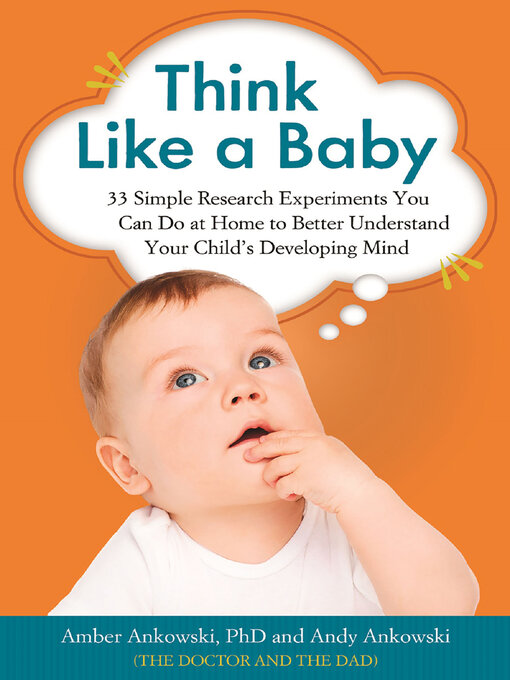- New eBook additions
- 2019: Goodreads Choice Awards: Best Fiction Nominees
- Librarian Recommends
- Belletrist book club reads
- See all
- New audiobook additions
- 2019 Audie Award Nominees
- Hello Sunshine! Reese Witherspoon's Book Club
- Older Buzz
- Available now
- See all


